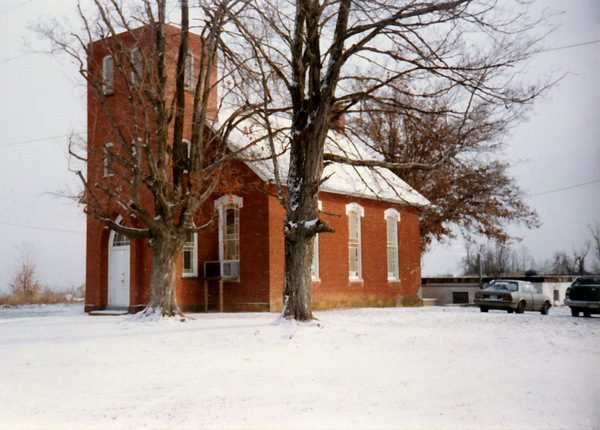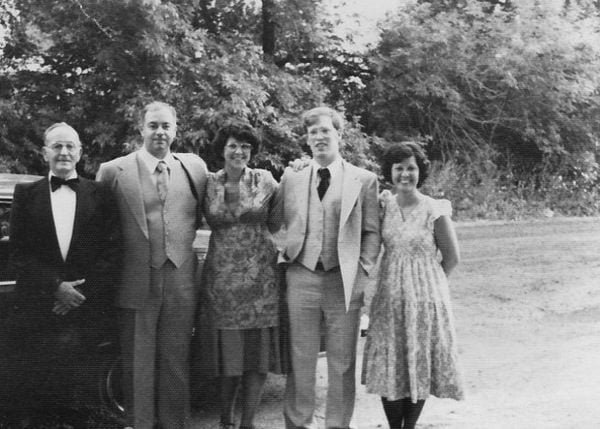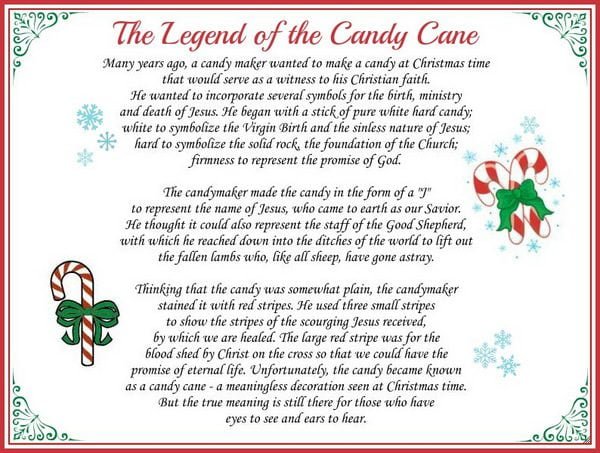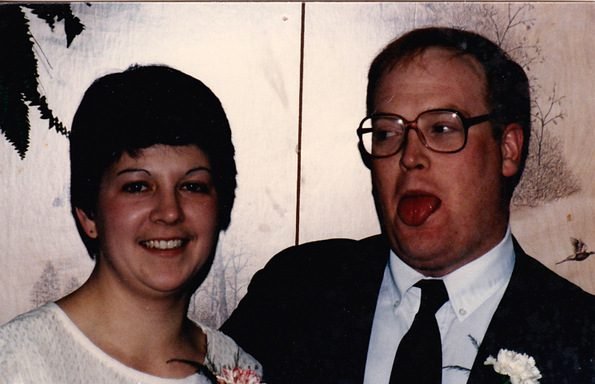
Lori Alexander recently wrote a post titled, Awakening the Beast. Alexander stated:
Most teenagers awaken the beast. The beast is not something you want to awaken before marriage. Once it’s awakened, it causes untold damage. You must teach your children to FLEE fornication like Joseph did. If they don’t, they will harm their own bodies. “Flee fornication. Every sin that a man doeth is without the body; but he that committeth fornication sinneth against his own body” (1 Corinthians 6:18).
We live in a highly sexualized culture. Sex sells almost everything. Pornography is rampant and at a click of the finger. It’s all over TV these days. Songs are about it. All of this is used to entice people away from the beauty that God designed sex to be, namely within a marriage. Before marriage, fornication can lead to STDs, infertility, abortion, single motherhood, guilt, comparisons once married, divorce, and a broken relationship with Jesus Christ. Satan’s goal is to kill, steal, and destroy. He loves fornication. You must be completely honest with your teenagers.
Give them boundaries in order to protect themselves. Let them know that boundaries are for their good. If they aren’t given boundaries, they will most likely succumb to fornication, the beast, and the harm it will cause. If you allow them to be alone with a member of the opposite sex, the beast will slowly come out. It will begin innocently enough with a few kisses. Kissing gets the beast going. Then it will lead to petting and then heavy petting. It will feel so good that they won’t want to stop.
Finally, they will have intercourse. It probably won’t be like the movies present themselves. It won’t be this ecstasy that they imagined. No, it will most likely be painful for the girl. Right afterwards, they will be flooded with guilt IF they have been raised with Truth being taught in their homes. They will feel vulnerable and ashamed. Fornication is short term pleasure for long term pain. Once the couple have fornicated once, the beast is out and it’s almost impossible to put it back to sleep.
While missionary sex-pert Alexander didn’t use the word masturbation in her post, several of her readers read between the lines and opined on the evils of spanking the monkey and ringing the Devil’s doorbell:
Masturbation and all sex outside heterosexual marriage weaken the individual and society, and they attack confidence or lead to a false self confidence rooted in pride and arrogance.
Masturbation also severely interferes with the mans ability to lead. A man who masturbates is far more docile and passive in a marriage, or, he can be far more aggressive and abusive. Any human who masturbates is selfish, as the act is one of the most selfish single acts known to man. Rather than selflessly giving pleasure to a spouse in marriage, which is absolutely satisfying long and short term, masturbation severs love.
There has been some theorizing that Gollum from Lord of the Rings, was an allegory for the effects of masturbation on people. He goes from a wonderful young life, to becoming miserable and lonely, with his “precious”, and that exactly exemplifies what masturbation does. It warps the personality. It takes a child who is full of joy, peace, purity, wonder, courage, and love, and transforms them into a child who is morose, disconsolate, cowardly, isolated, fearful, often depressed, and fixated selfishly on themselves and their needs.
The vast majorities of today’s problems with youth have their roots in masturbation. All these pseudo mental illnesses I.e. ADHD, ADD, and much more, can be traced back to the folly and attack on the intellect of masturbation.
This is why so many kids have such a hard time learning today, because a kid who masturbates will have a very hard tim concentrating, without which genius and the cultivation of the intellect are nearly impossible.
I am a woman (don’t even get me started on the stigma of women struggling with porn and masturbation) and I have been masturbating as long as I can remember and it has ruined my life. I can remember being six years old and doing it. I knew of another girl my age who indulged as well and as the world progresses in it’s wickedness, it’s becoming much easier for children to indulge in masturbation. There are even some secular schools who are teaching children as young as kindergarten about masturbation as part of their “sex ed program”. All it takes is for a child to stumble upon one image to awaken the beast. It is a myth that children’s minds and bodies are not developed enough to masturbate or experience sexually immoral thoughts and feelings. It has had detrimental effects on my life and to be honest with you, the most damaging part are the comments and mindsets like yours that think “young children are hardly going to be masturbating”.
— Anonymous

Alexander wrote a follow-up post titled, Children Masturbating Causing Harm? In this post, several commenters stated:
Yes, masturbation is bad. The Bible itself tells us that. It’s not rocket science. It is sinful, because it leads to more sin, and becomes an addiction some can’t control.
— KaK
Escape, a lot of issues with masturbation are about escape. Children are trying to escape into a fantasy world were they can drown out parents fighting, dad being a loud drunk, mom screaming mean things at them or just parents who are emotionally distant etc. That’s what led my husband down that path. He was raised in an abusive, neglectful home and had no one to help him navigate his emotions, his pain and his fears. So he learned to escape through fantasy and masturbation. Then he stumbled on porn and that led to a 23 year addiction to that. He also had several one night stands with strangers during really stressful times while traveling for work. As a wife this is so painful to work through and heal from. But, as a mother my heart breaks for the little boy my husband was and all he endured with no one to protect and guide him. The perpetrators of his pain were his own parents. I don’t want to demonize his parents I do believe they did the best they could. There is hope for anyone caught up in all this. My husband has been in recovery for 3 years and with the help of a Christian counselor who specializes in sex addiction is learning the tools to navigate emotions in a healthy, godly way.
There is research that does show that compulsive porn use coupled with masturbation does actually change the brain. It creates new neural pathways for dealing with stress. For example, you get yelled at by your boss and your brain says “Hey the last time this happened we watched porn, masturbated and felt better, lets do that again.”
— AMW
Children should not be taught to masturbate as it can be an addictive habit and lead to sexual sin.
….
The problem with masturbation is that it takes the sexual desire outside marriage. In a child, it is not sinful, but can lead to bad habits.
Lindsay Harold
On the contrary Lindsay, I am the woman from the post above and I can tell you that what you are saying is just simply not true. I was watching porn and sexually fantasizing at age 6 and possibly younger as I don’t even remember a time when I didn’t do it. I can remember being in 2nd grade and seeing images of nude statues in a history book and being triggered, watching movies with suggestive scenes and being triggered, even images in magazines in waiting rooms.
As a child, I knew it was wrong. Even at that young age, I always knew it was wrong. I knew it was wrong before my mother ever found out and that’s why I hid it from her. Because I was ashamed without ever having to be told to be ashamed. And I think it is important to feel shame when you sin no matter how old you are. Masturbation is not wrong because it “leads to sin”, masturbation is wrong because it IS sin. It’s a sin whether you’re six or sixty-six. Not everybody has the same experience as me but I know that I’m also not alone either. I don’t think any of this is an “overreaction” and I appreciate Lori spreading awareness.
— Anonymous
At least no one said jerking off will make you blind, or suggested women boycott battery manufacturers due to the connection between batteries and vibrators.
Bruce Gerencser, 66, lives in rural Northwest Ohio with his wife of 45 years. He and his wife have six grown children and thirteen grandchildren. Bruce pastored Evangelical churches for twenty-five years in Ohio, Texas, and Michigan. Bruce left the ministry in 2005, and in 2008 he left Christianity. Bruce is now a humanist and an atheist.
Connect with me on social media:
Your comments are welcome and appreciated. All first-time comments are moderated. Please read the commenting rules before commenting.
You can email Bruce via the Contact Form.








